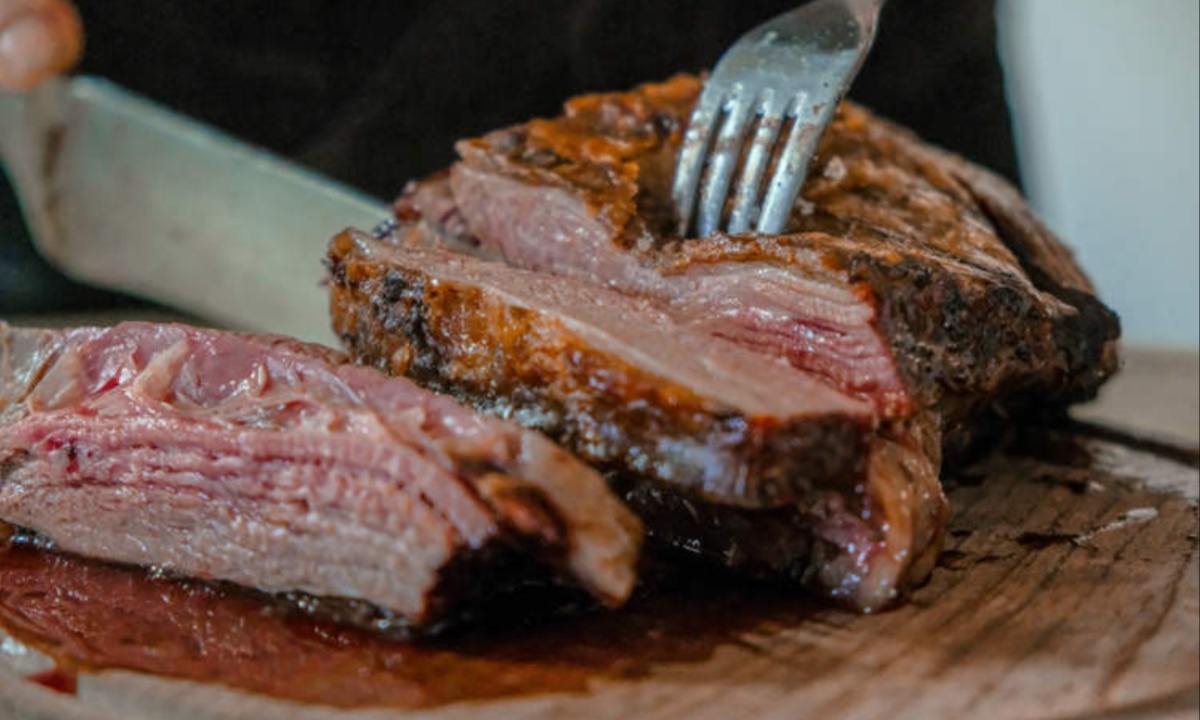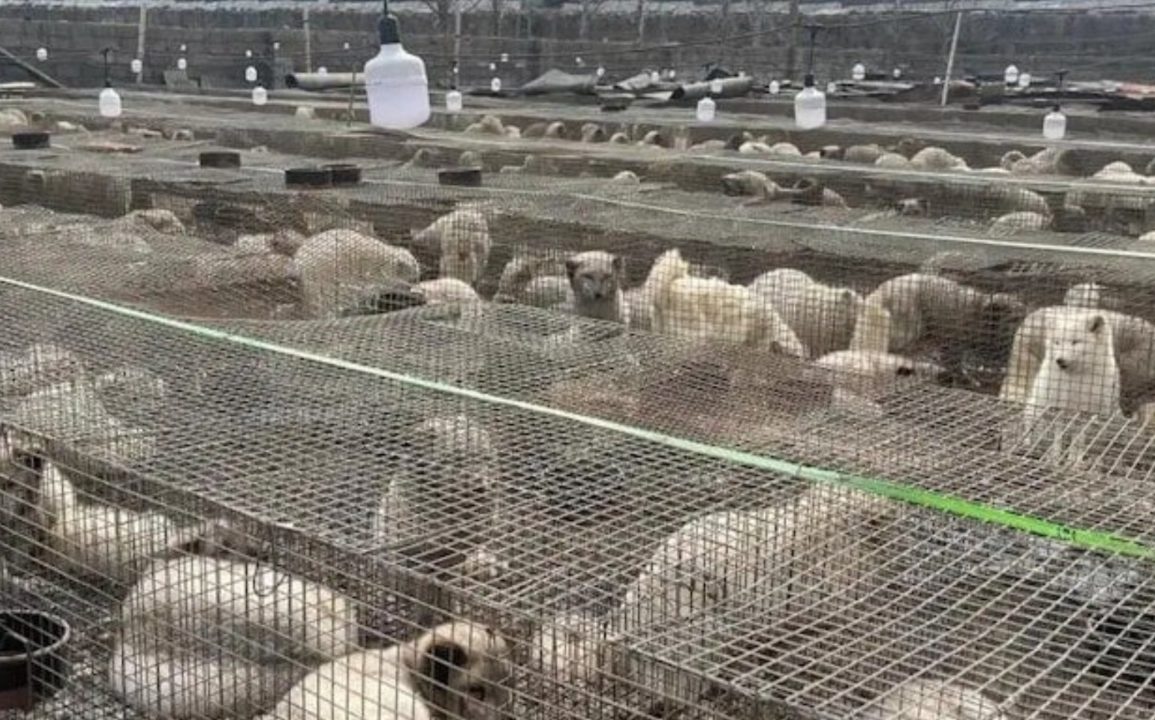A major investigation by the Chinese newspaper The Paper has exposed the rampant commercialization of counterfeit meats in China. In areas like Tangshan, Hebei, Weifang, Linyi, and Shandong — regions known for fur production — animal farms have been selling fox and raccoon meat disguised as beef, mutton, or rabbit to restaurants across the country. These carcasses, termed “white strips,” have had their internal organs and fat removed to mimic legitimate meats.
Vendors Disguise Toxic Fur Animal Meat Despite Health Risks and Legal Prohibitions in China
To further conceal the true nature of these fake meats, some vendors braise and grill the carcasses before freezing them, making it extremely difficult to distinguish them from genuine meats intended for human consumption. Experts have warned that such practices are not only fraudulent but dangerous, as animals bred for fur often receive heavy doses of hormones and medications and can carry harmful pathogens, posing serious health risks to consumers.

Although Chinese law explicitly prohibits the sale of meat from fur animals raised in unsanitary conditions, the investigation revealed that many farms continue to sell these meats both privately and through online platforms. Undercover reporters found that white strips were sold for as little as 20 yuan (approximately $2.80), with some customers even purchasing tenderloins to produce beef jerky or pass them off as rabbit meat.
Chemical Alteration and Seasonal Surges Fuel China’s Expanding Counterfeit Meat Trade Problem
The village of Panjia Lake in Shandong Province has become infamous for its role in selling fake fox meat. A villager involved in the illegal meat trade explained to The Paper that they use chemical “meat essence” to alter the taste of the fox meat to resemble beef, mutton, or even donkey meat. These chemical additives successfully mask the original flavor, making the counterfeit products virtually indistinguishable from the real ones.
According to the report, the sale of fake meats peaks during November and December, coinciding with the fur harvesting season. To extend their inventory’s shelf life and profits, some sellers either freeze the meats for later use or process them into animal feed and oil. This seasonal trend highlights the persistent and growing issue of counterfeit meat in China’s food supply chain.


